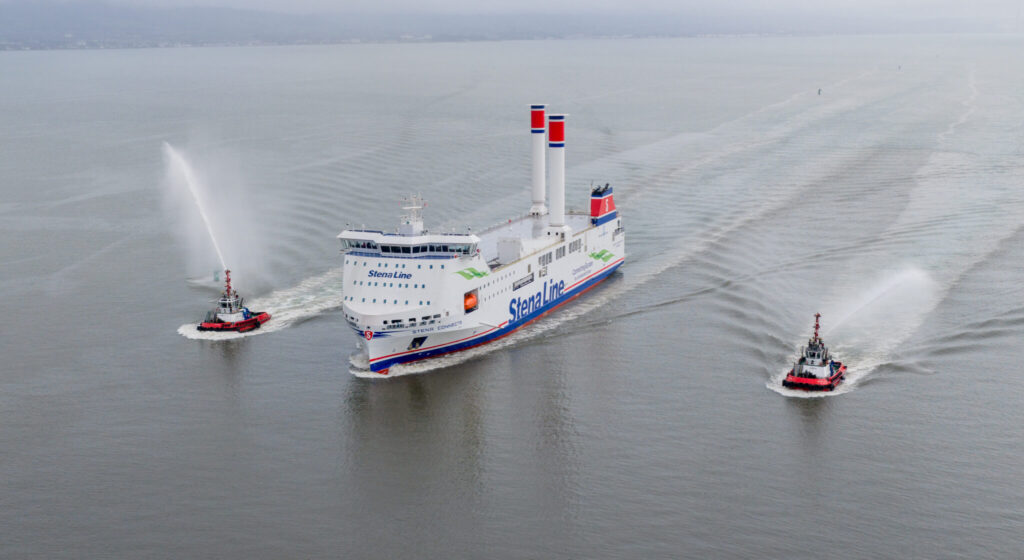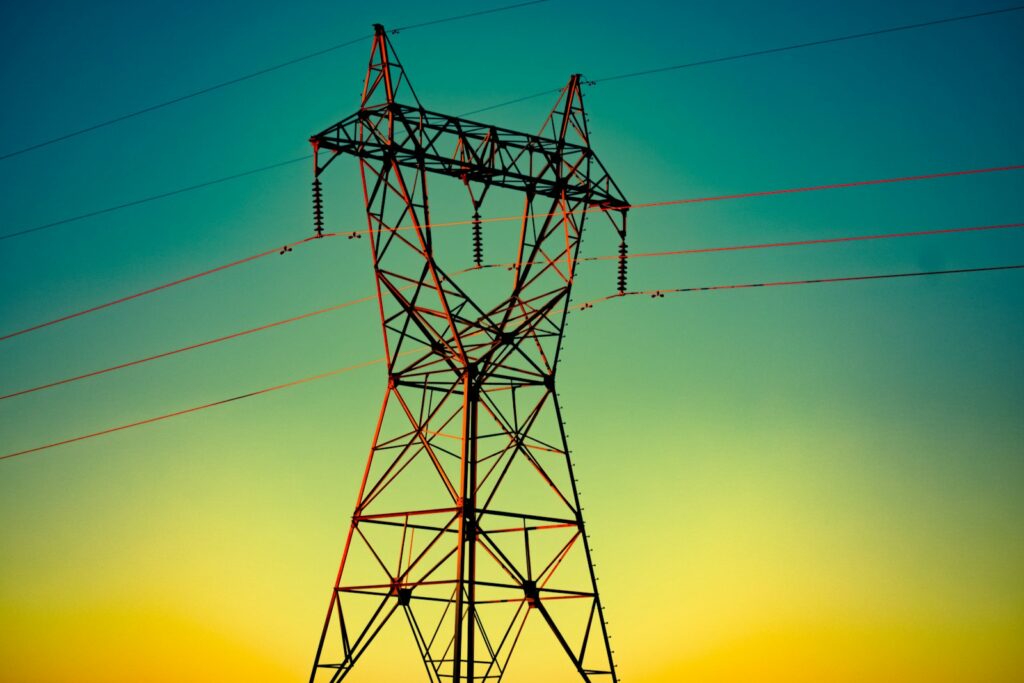The second analysis conducted by the National Infrastructure Commission recognises progress made by Downing Street in preparing Britain for a low carbon future. But the overall message is ‘more must be done’.
According to the report, in the five years since the last Assessment was published work has successfully increased the country’s renewable energy capacity. The establishment of the UK Infrastructure Bank, devolved public transport in major city regions, and facilitation of gigabit-capable broadband networks were also commended.
Nevertheless, significant deficiencies were also identified. One area in which more support is needed is supporting households through the transition period, including moving away from highly polluting fuels such as gas and swapping out diesel and petrol cars for electric vehicles. While these changes need to take place, it should not be to the detriment of ‘living standards of those least able to pay’.
Transport networks also came under fire, with ‘investment required to facilitate sustainable trips within and between English cities’. Meanwhile, the Government should also ‘secure nationwide coverage of gigabit broadband and 5G services’. Improving infrastructure resilience must also be a priority, including against environmental events such as flooding and drought.
Recommendations from the report also included:
*Adding low carbon, flexible technologies to electricity systems
*Making a clear decision that electrification is the only viable option for decarbonising building stock at scale, with lower income households receiving full support for the cost of transition
*Putting plans in place for additional water supply infrastructure and reducing leaks and wastage, while also lowering demand and usage
*Developing long term strategies to significantly cut the number of properties at risk of flooding by 2055
You can read the full report here.
It is estimated that to reach net zero, between £20 and £35billion of private investment will be needed each year from 2025 to 2050. This includes increasing renewable energy generation building a hydrogen network, and rolling out carbon capture and storage (CCS) technologies, which should now be factor in every location where energy-from-waste generation is being used.
‘Enfinium welcomes the recommendations of the Second National Infrastructure Assessment. As the report highlights, installing carbon capture technology on energy from waste facilities can provide vital carbon removals to support Net Zero and help communities decarbonise,’ said Mike Maudsley, CEO of enfinium, which currently operates four CCS sites with another two under construction. ‘That is why it is right for the Commission to call for an end to new energy from waste facilities without carbon capture, as well as further measures to increase recycling rates and remove plastic from the waste stream.’
More on infrastructure:
National Highways launches new £8 Meadows Makers biodiversity drive
Image: Ricardo Gomez Angel

















